It might surprise you to know that your favorite alcoholic drink may not be vegan.
But how can alcohol not be vegan? It’s alcohol!

Simple. Animal products are often used during the aging or filtration process of beer, cider, wine, and spirits. These products include gelatin, isinglass, chitin, casein, and albumin—all of which are animal derivatives.
The good news is that many alcohol companies are making a massive shift toward vegan-friendly products so you can enjoy a drink that aligns with your dietary needs and principles!
A delightful guest post by Clara Jones.
Spirits
Due to the processes involved in creating spirits, they seldom include animal products. Vodka and gin are your best bet if you're unsure of the brand. However, most whiskeys and rums are also safe for vegans.
Spirits are mostly made using sugar or some kind of grain that’s fermented into alcohol. Excess water is then removed through distilling. No filtering system is required. Just be sure to look out for anything that’s flavored with honey, rather go for a nice vanilla flavoring.
Even most tequilas are suitable for vegans—that story of the tequila worm is a myth that has been well busted. But you should watch out for something called Mezcal, which does include the moth larvae that live on the agave plant.
Beers and Ciders
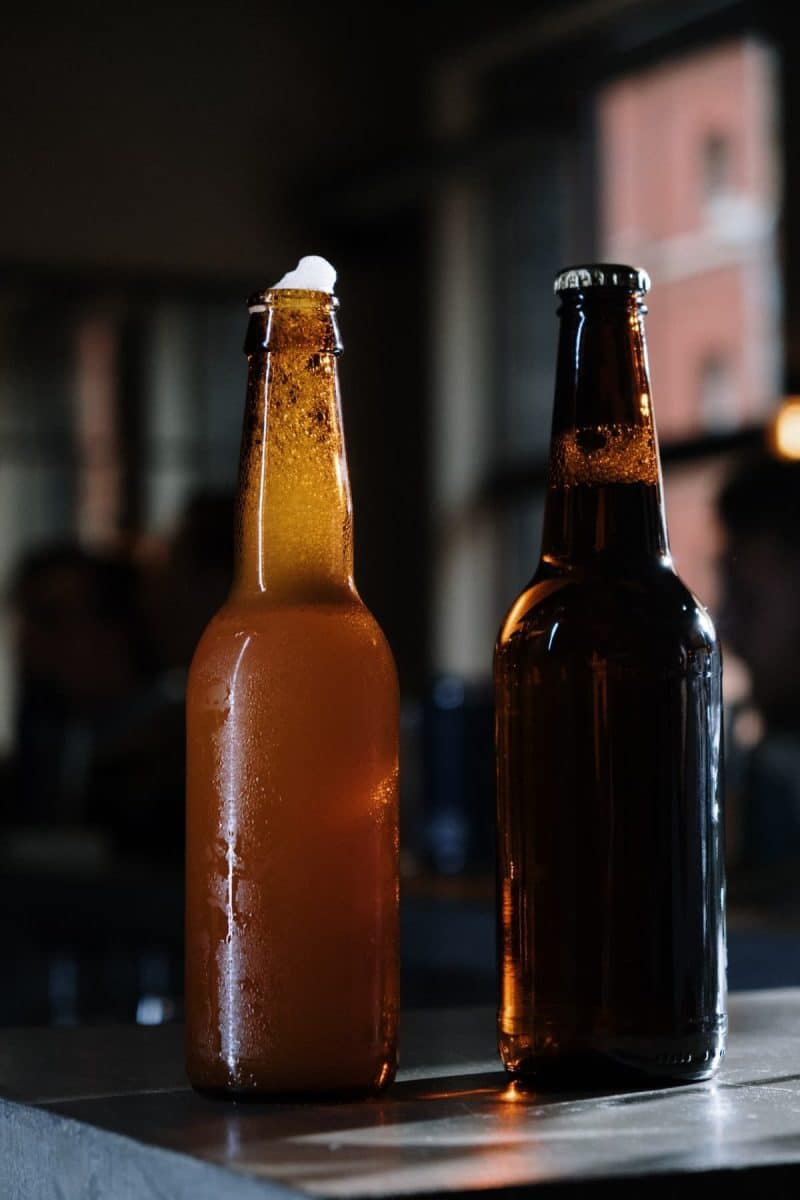
As a vegan, it’s best to steer clear of cask ales. These ales are usually produced using isinglass, which is made from fish bladders and used in the filtration process. Brewers use isinglass to speed up the process of creating their beers. However, the more traditional method is to let the yeast settle naturally, and many brewers are going back to this method as they say it gives more flavor and it allows them to reach a growing vegan market.
German beers are a great bet for vegans. The Germans have been using vegan-friendly methods for centuries due to the laws on beer brewing in the country. Vegans can also happily drink Guinness as they actively switched to vegan-friendly filtration processes a few years ago.
On the cider front, you have to watch out for the use of gelatine for flavor and to filter the liquid. Of course, not all brewers use animal products. However, if you want to be sure you’re getting something vegan-friendly, go for a traditional scrumpy or any cloudy cider. Those are naturally fermented and don’t have animal products in them.
Wines
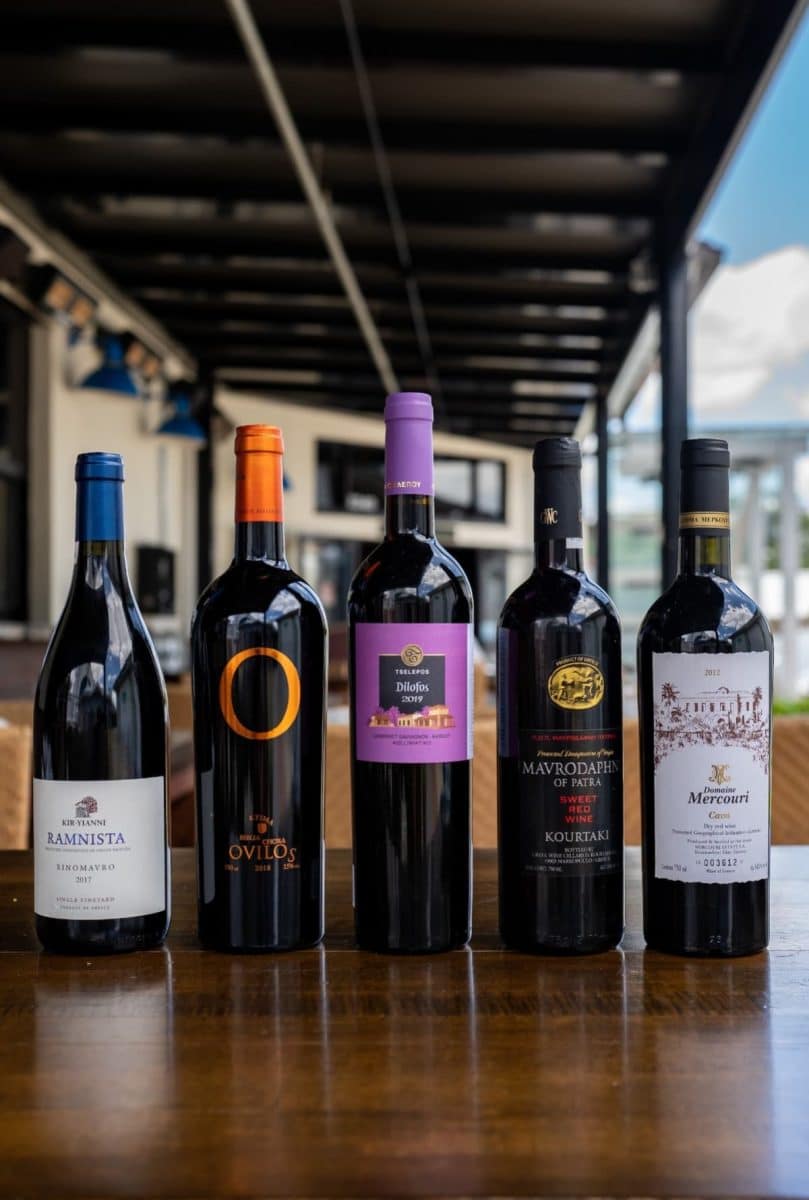
Unfortunately, many wines are not vegan-friendly because of the animal products used in the filtering and fining processes to get the clear liquid finish. Albumin from egg whites is used to speed up the filtering process. These products are all removed from the finished product but, of course, trace amounts will still be in the wine. Many vegans also have an issue with animal products being used during the process, even if they aren’t consuming them.
These days, you’ll find that winemakers are labeling their wines as vegan or non-vegan, making it much easier to find a suitable wine to drink. Thankfully, there are all kinds of wines—reds, whites, blush, and even sparkling wines—that are vegan, with some of the top wineries around the world going this route.
Always Remember to Read the Label
When you’re vegan, reading food labels is always recommended. The same applies to your alcoholic beverage of choice.
The good news is that there are so many brands that now offer up vegan options and many others that are entirely vegan. And if you can’t read the label, ask! Any properly qualified bartender or sommelier will know what to double-check before serving you.
⛑️ Food Safety
- Cook to a minimum temperature of 165 °F (74 °C)
- Do not use the same utensils on cooked food, that previously touched raw meat
- Wash hands after touching raw meat
- Don't leave food sitting out at room temperature for extended periods
- Never leave cooking food unattended
- Use oils with high smoking point to avoid harmful compounds
- Always have good ventilation when using a gas stove
For further information, check Safe Food Handling - FDA.




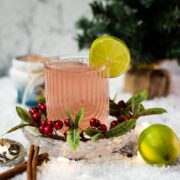





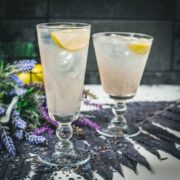




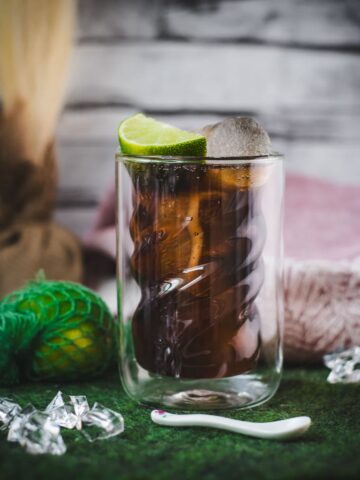
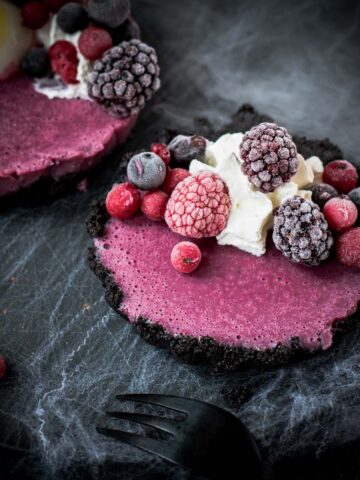
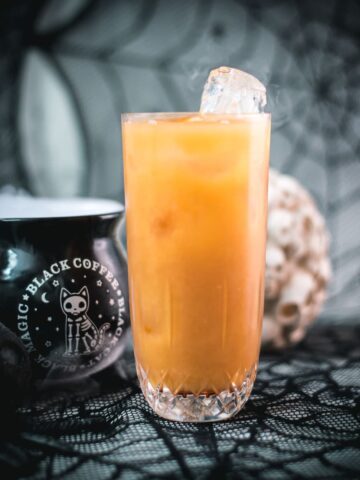
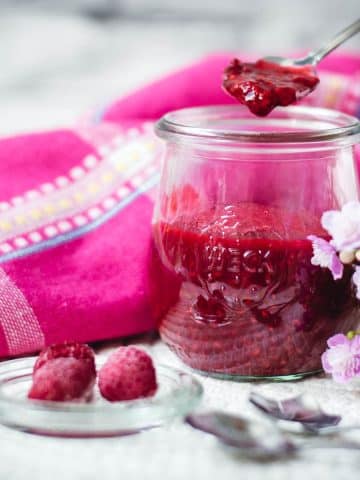
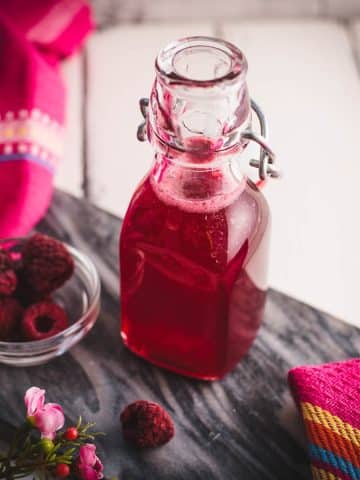

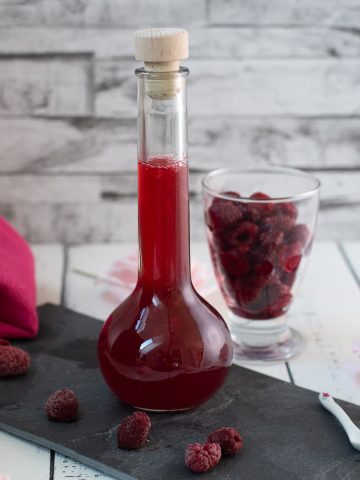
Comments
No Comments